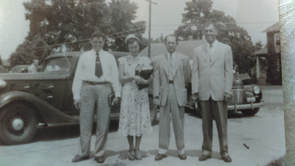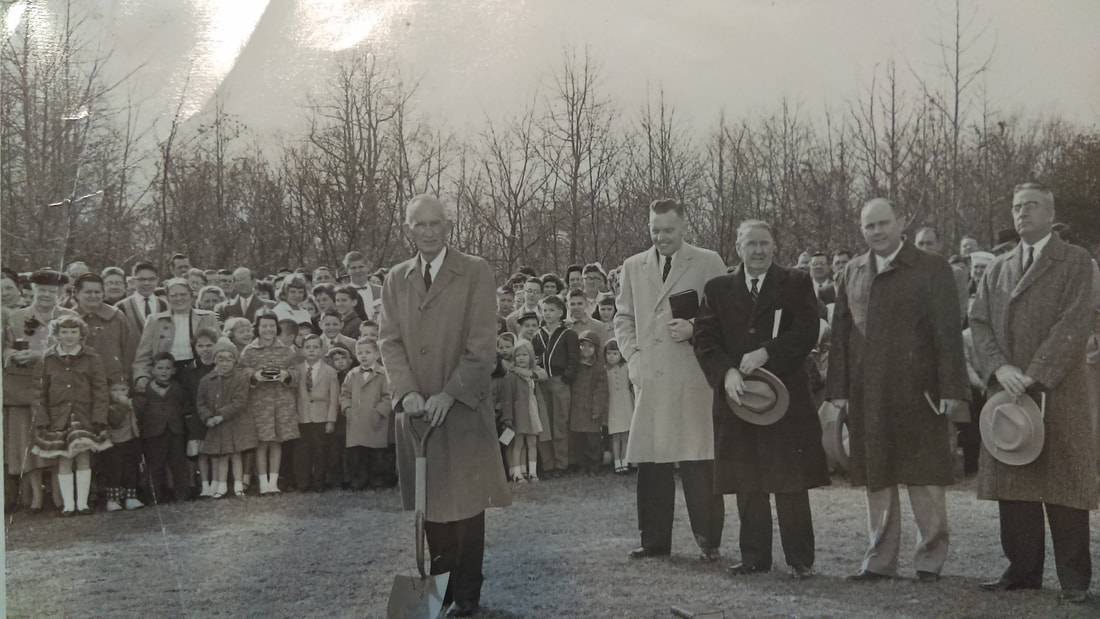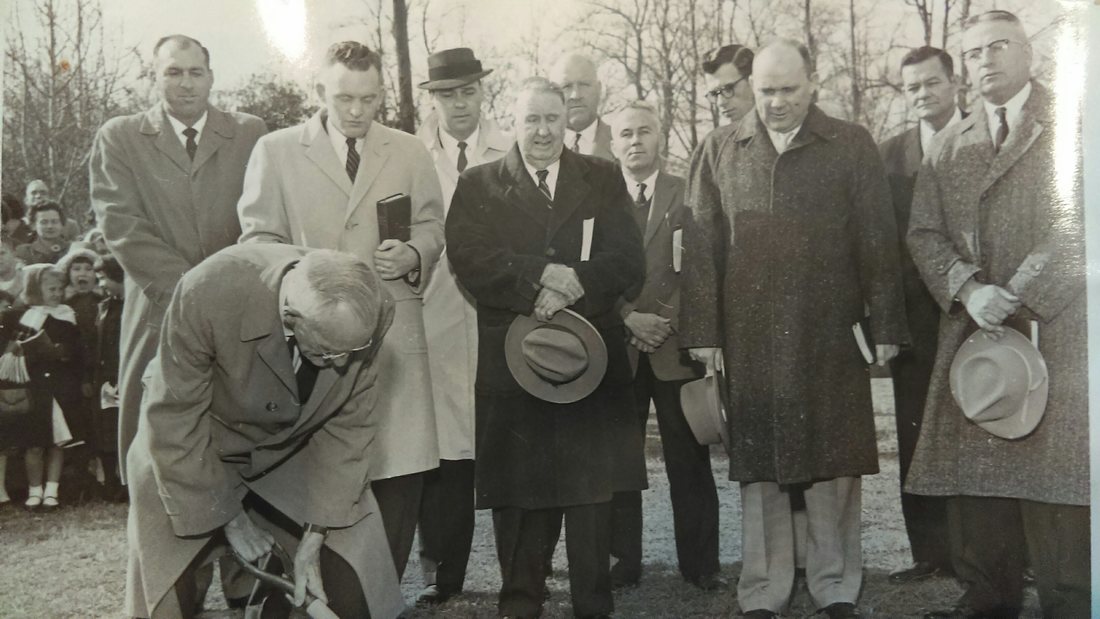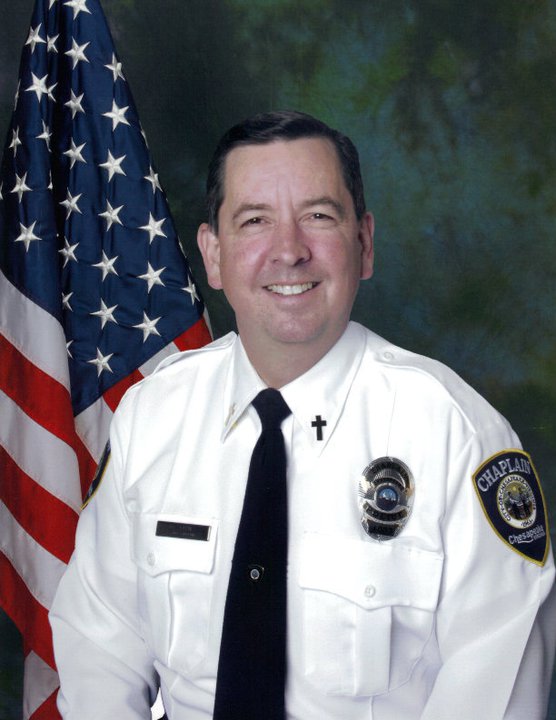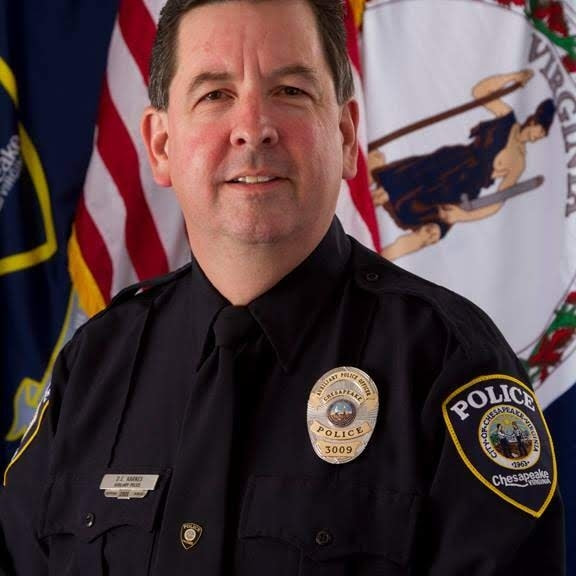About Us
Our History |
Grace Baptist Church was founded in 1950, by Rev. John S. Taylor. The church met in homes until it began meeting in a store front on Sewells Point Road. They were able to purchase that property and built their building in 1962 and completed a second wing in 1977.
During the early years of Grace Baptist Church, missionary to China, Weldon Smith, affiliated himself with Grace Baptist Church when home on furlough. He authored the autobiographical book, “Born to Be A Missionary” that the church still has some copies of that are sought after occasionally. Pastor Taylor pastored the church until 1957, when Pastor Loren T. Swartz was called to lead the church. He pastored the church for 10 years before leaving for ministries in Pennsylvania. Pastor Paul Donald Karnes was called in September of 1967 to lead the church and continued to pastor until the spring of 2003. During the leadership of Pastor Karnes, Grace Baptist Church paid off the building debt, finished the building program in 1977, started a bus ministry, founded Grace Baptist School with grades K4-8; and began the AWANA outreach to children. Health issues led to the retirement of Pastor Paul D. Karnes and he became pastor emeritus when his son, Donald E. Karnes, was voted to become the next pastor of Grace Baptist Church. Pastor Paul D. Karnes went to be with the Lord in February 2011. |
GROUNDBREAKING
Pictured are Founding Pastor John Taylor, Evangelist Wayne Jarrett, Missionary Weldon Smith, Chairman of Deacons Joe Futrell, and Union Mission Director Ted Bashford.
What We Believe
Statement Of Faith
The Scriptures:
We believe the Old and New Testament Scriptures are the verbally and plenarily inspired Word of God. The Scriptures are inerrant, infallible, and God-breathed and are, therefore, the final authority for faith and life. The sixty-six books of the Old and New Testaments are the complete and divine revelation of God to Man. While we do not possess copies of the original autographs of the various books of Scripture, we believe that God has preserved His word in the totality of the manuscripts we possess. He has also given access to those words to “all families of the earth” through faithful translations, so that the common person can hold God’s Word in their hands and read it in their language. We support works to translate God's Word in areas of the world that do not have God's Word in their language. (2 Tim. 3:16-17; 2 Pet. 1:20-21)
Dispensationalism:
We believe that the Scriptures interpreted in their natural, literal sense reveal divinely determined dispensations or rules of life that define man’s responsibilities in successive ages. These dispensations are not ways of salvation, but rather are divinely ordered stewardships by which God directs man according to His purpose. Three of these dispensations—the law, the church, and the kingdom—are the subjects of detailed revelation in Scripture. (Gen. 1:28; 1 Cor. 9:17; 2 Cor. 3:9-18; Gal. 3:13-25; Eph. 1:10; 3:2-10; Col. 1:24-25, 27; Rev. 20:2-6)
The Godhead:
We believe in one triune God, eternally existing in three persons—Father, Son, and Holy Spirit—each co-eternal in being, co-identical in nature, coequal in power and glory, and having the same attributes and perfections. (Deut. 6:4; Matt. 28:19; John 14:10, 26; 2 Cor. 13:14)
The Person and Work of Christ:
The Person and Work of the Holy Spirit:
The Total Depravity of Man:
We believe that man was created in the image and likeness of God; but that in Adam’s sin the human race fell, inherited a sinful nature, and became alienated from God. Man is totally depraved and, of himself, utterly unable to remedy his lost condition. (Gen. 1:26-27; Rom. 3:22-23; 5:12; 6:23; Eph. 2:1-3; 4:17-19)
Salvation:
We believe that salvation is the gift of God brought to man by grace and received by personal faith in the Lord Jesus Christ, who shed His blood on Calvary for the forgiveness of our sins. We believe that all sins, except blasphemy of the Holy Spirit (attributing the works of the Holy Spirit to Satan), are forgivable. (Matt. 12:31-32; John 1:12; Eph. 1:7; 2:8-10; 1 Pet. 1:18-19; 1 John 1:9)
The Eternal Security and Assurance of Believers:
The Church:
Separation:
We believe that believers should maintain a godly testimony and live in such a way that their lives do not bring reproach upon their Savior. God commands His people to separate from all religious apostasy, all worldly and sinful pleasures, practices, and associations, and to refrain from all immodest and immoderate worldly appearances.. We stand against any and all worldly philosophies that seek to destroy or undermine the truth of Biblical Christianity. (Lev. 19:28; Rom. 12:1-2; 14:13; 1 Cor. 6:19-20; 2 Cor. 6:14-7:1; 2 Tim. 3:1-5; 1 John 2:15-17; 2 John 9-11)
The Second Coming of Christ:
We believe in that blessed hope, the personal, imminent return of Christ, Who will rapture His church prior to the seven-year tribulation period. At the end of the Tribulation, Christ will personally and visibly return with His saints, to establish His earthly Messianic Kingdom. (Ps. 89:3-4; Dan. 2:31-45; Zech. 14:4-11; 1 Thess. 1:10, 4:13-18; Titus 2:13; Rev. 3:10; 19:11-16; 20:1-6)
(Doctrinal Statement reviewed by The National Center for Life and Liberty)
The Scriptures:
We believe the Old and New Testament Scriptures are the verbally and plenarily inspired Word of God. The Scriptures are inerrant, infallible, and God-breathed and are, therefore, the final authority for faith and life. The sixty-six books of the Old and New Testaments are the complete and divine revelation of God to Man. While we do not possess copies of the original autographs of the various books of Scripture, we believe that God has preserved His word in the totality of the manuscripts we possess. He has also given access to those words to “all families of the earth” through faithful translations, so that the common person can hold God’s Word in their hands and read it in their language. We support works to translate God's Word in areas of the world that do not have God's Word in their language. (2 Tim. 3:16-17; 2 Pet. 1:20-21)
Dispensationalism:
We believe that the Scriptures interpreted in their natural, literal sense reveal divinely determined dispensations or rules of life that define man’s responsibilities in successive ages. These dispensations are not ways of salvation, but rather are divinely ordered stewardships by which God directs man according to His purpose. Three of these dispensations—the law, the church, and the kingdom—are the subjects of detailed revelation in Scripture. (Gen. 1:28; 1 Cor. 9:17; 2 Cor. 3:9-18; Gal. 3:13-25; Eph. 1:10; 3:2-10; Col. 1:24-25, 27; Rev. 20:2-6)
The Godhead:
We believe in one triune God, eternally existing in three persons—Father, Son, and Holy Spirit—each co-eternal in being, co-identical in nature, coequal in power and glory, and having the same attributes and perfections. (Deut. 6:4; Matt. 28:19; John 14:10, 26; 2 Cor. 13:14)
The Person and Work of Christ:
- We believe that the Lord Jesus Christ, the eternal Son of God, became man, without ceasing to be God, having been conceived by the Holy Spirit and born of the virgin Mary, in order that He might reveal God and redeem sinful men. (Isa. 7:14; 9:6; Luke 1:35; John 1:1-2, 14; 2 Cor. 5:19-21; Gal. 4:4-5; Phil. 2:5-8)
- We believe that the Lord Jesus Christ accomplished our redemption through His death on the cross as a representative, vicarious, substitutionary sacrifice, and that our justification is made sure by His literal, physical resurrection from the dead. (Acts 2:18-36; Rom. 3:24-25; Eph. 1:7; 1 Pet. 2:24; 1 Peter 1:3-5)
- We believe that the Lord Jesus Christ ascended to Heaven and is now exalted at the right hand of God where, as our High Priest, He fulfills the ministry of Representative, Intercessor, and Advocate. (Acts 1:9-10; Rom. 8:34; Heb. 9:24; 7:25; 1 John 2:1-2)
The Person and Work of the Holy Spirit:
- We believe that the Holy Spirit is a person who convicts the world of sin, of righteousness, and of judgment; and, that He is the Supernatural Agent in regeneration, baptizing all believers into the body of Christ, indwelling and sealing them unto the day of redemption. (John 16:8-11; Rom. 8:9; 1 Cor. 12:12-14; 2 Cor. 3:6; Eph. 1:13-14)
- We believe that He is the divine Teacher who assists believers to understand and appropriate the Scriptures and that it is the privilege and duty of all the saved to be filled with the Spirit. (Eph. 1:17-18; 5:18; 1 John 2:20, 27)
- We believe that God is sovereign in the bestowal of spiritual gifts to every believer. God uniquely uses evangelists, pastors, and teachers to equip believers in the church to do the work of the ministry. (Rom. 12:3-8; 1 Cor. 12:4-11, 28; Eph. 4:7-12)
- We believe that the sign gifts of the Holy Spirit, such as speaking in tongues and the gift of healing, were temporary. Speaking in tongues was never the common or necessary sign of the baptism or filling of the Holy Spirit. Ultimate deliverance of the body from sickness or death awaits the consummation of our salvation in the resurrection, although God frequently chooses to answer the prayers of believers for physical healing. (1 Cor. 1:22; 13:8; 14:21-22)
The Total Depravity of Man:
We believe that man was created in the image and likeness of God; but that in Adam’s sin the human race fell, inherited a sinful nature, and became alienated from God. Man is totally depraved and, of himself, utterly unable to remedy his lost condition. (Gen. 1:26-27; Rom. 3:22-23; 5:12; 6:23; Eph. 2:1-3; 4:17-19)
Salvation:
We believe that salvation is the gift of God brought to man by grace and received by personal faith in the Lord Jesus Christ, who shed His blood on Calvary for the forgiveness of our sins. We believe that all sins, except blasphemy of the Holy Spirit (attributing the works of the Holy Spirit to Satan), are forgivable. (Matt. 12:31-32; John 1:12; Eph. 1:7; 2:8-10; 1 Pet. 1:18-19; 1 John 1:9)
The Eternal Security and Assurance of Believers:
- We believe that once a person is saved, he is kept by God’s power and remains secure in Christ forever. (John 6:37-40; 10:27-30; Rom. 8:1; 38-39; 1 Cor. 1:4-8; 1 Pet. 1:4-5)
- We believe that it is the privilege of believers to rejoice in the assurance of their salvation through the testimony of God’s Word; which, however, clearly forbids the use of Christian liberty as an occasion to the flesh. (Rom. 13:13-14; Gal. 5:13; Titus 2:11-15)
The Church:
- We believe that the local church, which is the body and the espoused bride of Christ, is solely made up of born-again believers. (1 Cor. 12:12-14; 2 Cor. 11:2; Eph. 1:22-23; 5:25-27)
- We believe that the establishment and continuance of local churches is clearly taught and defined in the New Testament. (Acts 14:27; 20:17, 28-32; 1 Tim. 3:1-13; Titus 1:5-11)
- We believe in the autonomy of the local church free of any external authority or controls, and any affiliations, societies, organizations, associations, or agencies this church affiliates with to further the objectives stated in the Purpose Statement are not authoritative in matters of church practice or belief. (Acts 13:1-4; 15:19-31; 20:28; Rom. 16:1, 4; 1 Cor. 3:9, 16; 5:4-7, 13; 1 Pet. 5:1-4)
- We recognize water baptism by immersion and the Lord’s Supper as the Scriptural ordinances of obedience for the church in this age. (Matt. 28:19-20; Acts 2:41-42; 8:36-38; 1 Cor. 11:23-26)
Separation:
We believe that believers should maintain a godly testimony and live in such a way that their lives do not bring reproach upon their Savior. God commands His people to separate from all religious apostasy, all worldly and sinful pleasures, practices, and associations, and to refrain from all immodest and immoderate worldly appearances.. We stand against any and all worldly philosophies that seek to destroy or undermine the truth of Biblical Christianity. (Lev. 19:28; Rom. 12:1-2; 14:13; 1 Cor. 6:19-20; 2 Cor. 6:14-7:1; 2 Tim. 3:1-5; 1 John 2:15-17; 2 John 9-11)
The Second Coming of Christ:
We believe in that blessed hope, the personal, imminent return of Christ, Who will rapture His church prior to the seven-year tribulation period. At the end of the Tribulation, Christ will personally and visibly return with His saints, to establish His earthly Messianic Kingdom. (Ps. 89:3-4; Dan. 2:31-45; Zech. 14:4-11; 1 Thess. 1:10, 4:13-18; Titus 2:13; Rev. 3:10; 19:11-16; 20:1-6)
(Doctrinal Statement reviewed by The National Center for Life and Liberty)






